IB LANGLIT (vocab)
1/111
There's no tags or description
Looks like no tags are added yet.
Name | Mastery | Learn | Test | Matching | Spaced |
|---|
No study sessions yet.
112 Terms
Alliteration
Repetition of the same sound or letter at the beginning of adjacent or closely associated words.
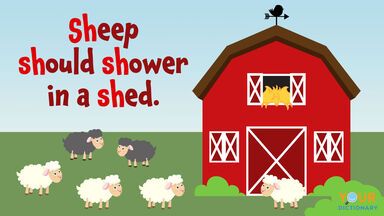
Anadiplosis
Repetition of the last word of one clause at the beginning of the following clause.
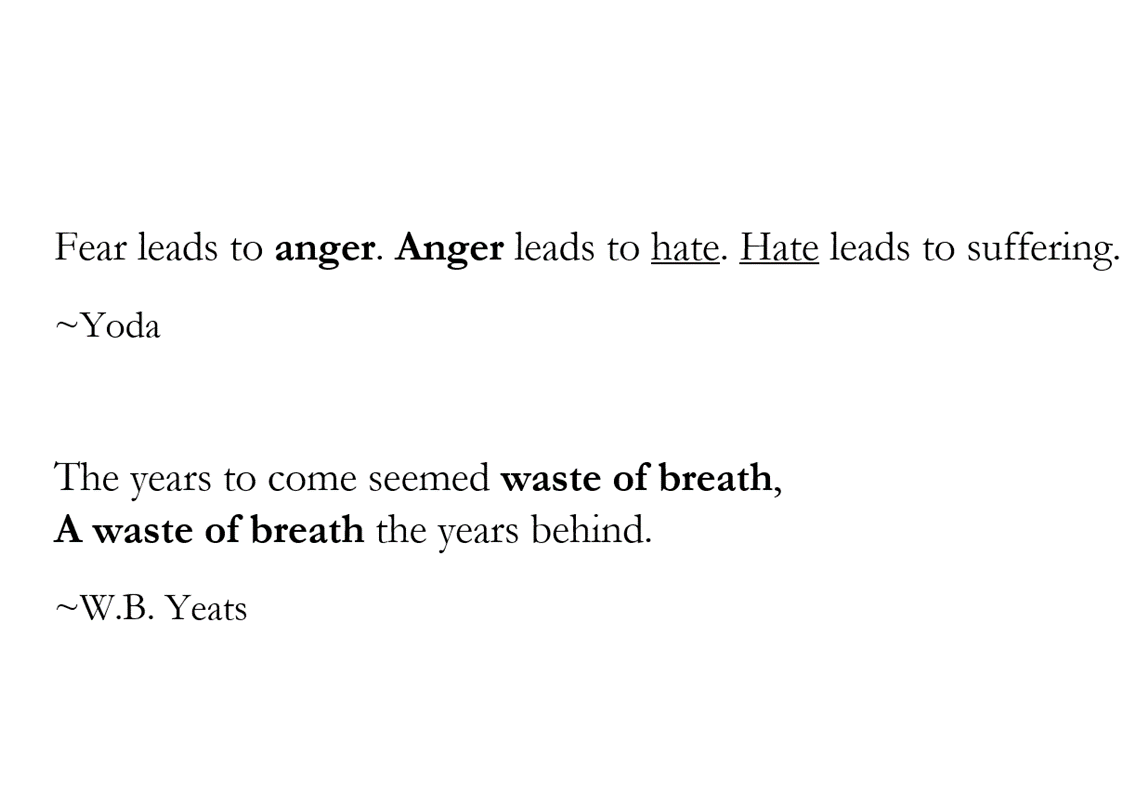
Anaphora
The deliberate repetition of a word or phrase at the beginning of several successive verses, clauses, or paragraphs.
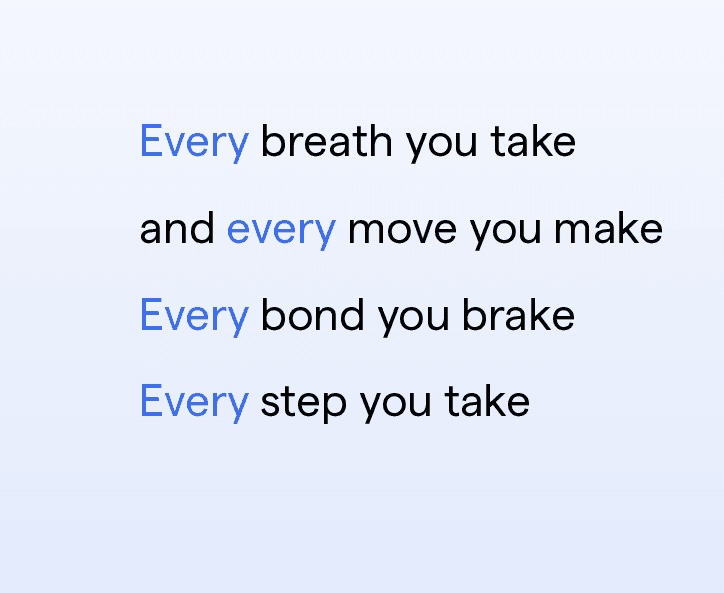
Antithesis
Placing two sharply contrasting ideas in parallel grammatical structure for effect.
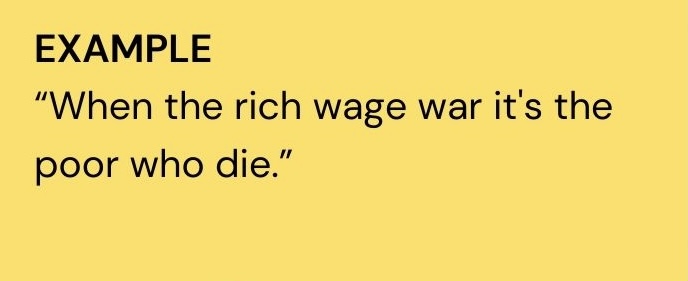
Apostrophe
A direct address to an absent human being or a personified object (like the sun)
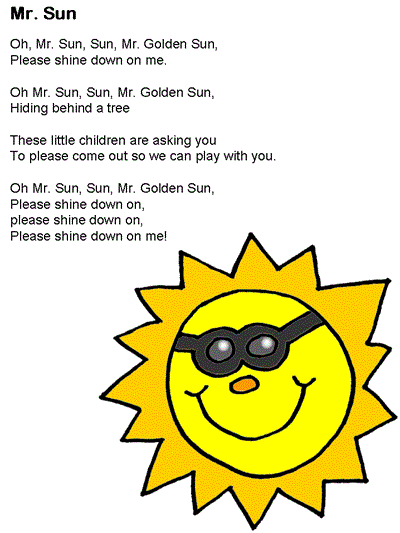
Appositive Phrase
noun or phrase that redefines or expands upon the noun or pronoun that comes before it.
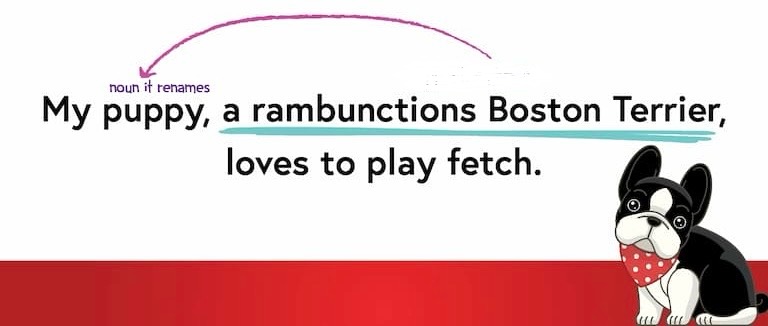
Assonance
Repetition of vowel sounds within nearby words or phrases in poetry and lyrics
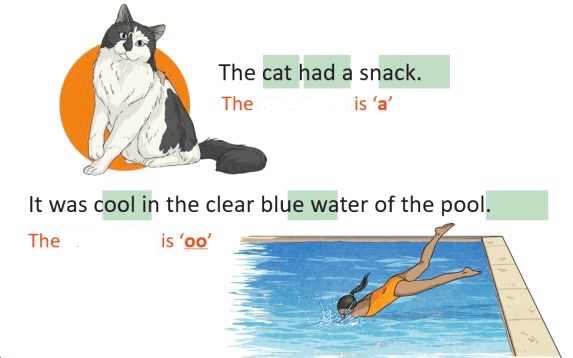
Asyndeton
The deliberate omission of conjunctions between single words, phrases, or series of clauses.
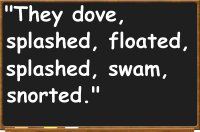
Chiasmus
Reversing the order of words or structures in parallel phrases (ABBA structure).
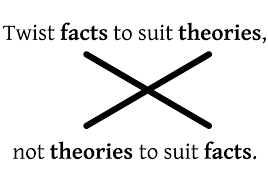
Clause
A grammatical construct with a subject and a verb
Complex sentence
one independent clause with one or more dependent clauses
Compound sentence
Two or more independent clauses
Compound-complex sentence
Two or more independent clauses and one or more dependent clauses

Connotation
The emotions and ideas we give to words beyond their literal meaning
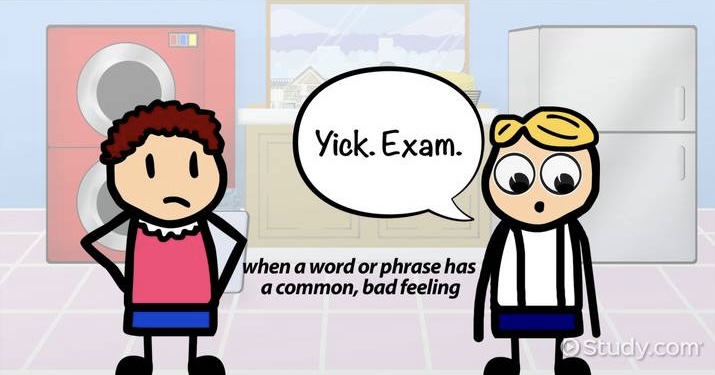
Consonance
Repetition of consonant sounds in nearby words and phrases in poetry and lyrics
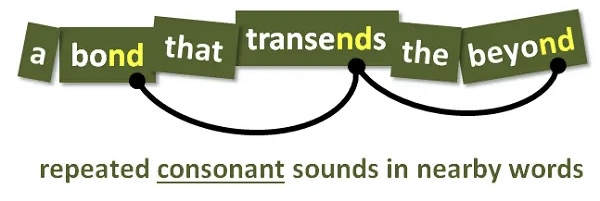
Cumulative sentence
A complex sentence with the Independent Clause at the beginning of the sentence
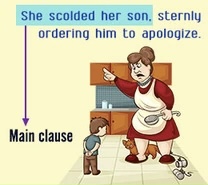
Dash
Longer than hyphens and used to indicate a break in thought, emphasis, or parenthetical idea (words, phrases, or clauses that add extra but not necessary information).
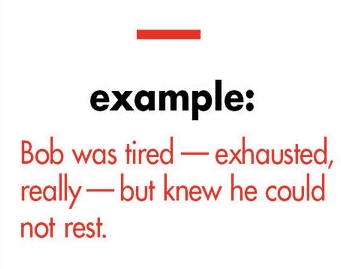
Dependent clause
A group of words containing a subject and verb but doesn’t complete a complete thought and cannot stand alone in a sentence.
Denotation
literal meaning of a word
Diction
authors choice of words
Dramatic irony
when the audience knows something the characters on stage do not know

Dynamic character
Character who changes throughout the work
Ellipsis
leaving out words that sentence structure would normally need, but the sentence still makes sense
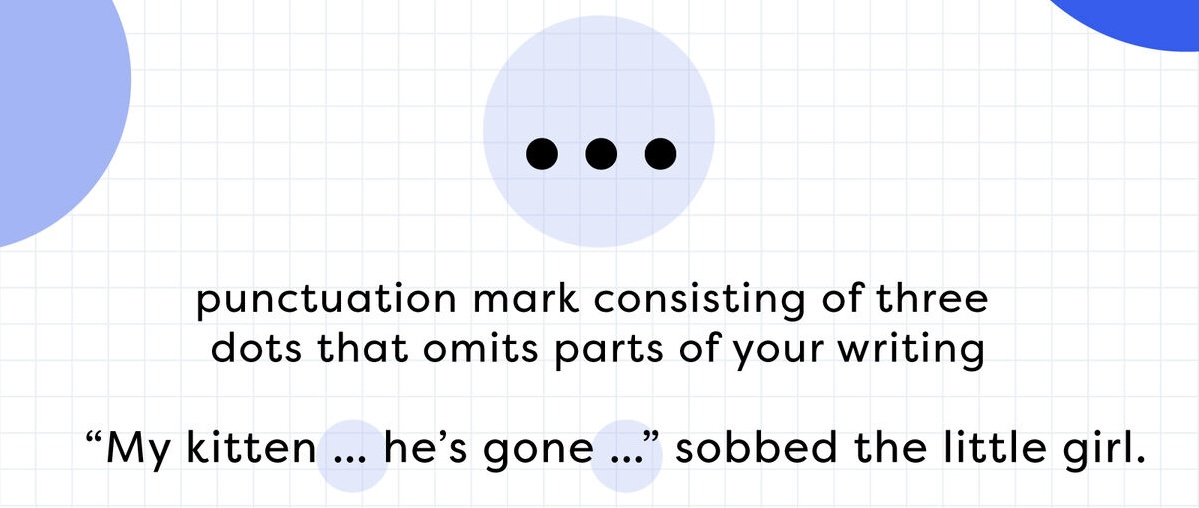
End rhyme
Rhyme occurring at the end of lines
Enjambment
the continuation of a sentence without the pause at the end of a line or stanza
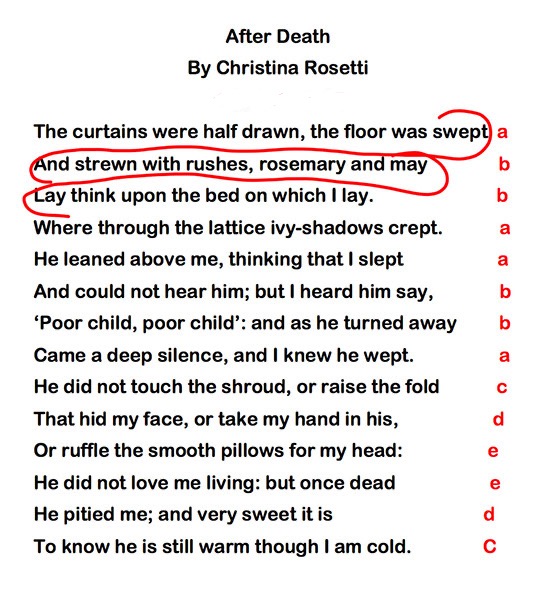
Epistrophe
Repetition of the same word or group of words at the ends of successive clauses
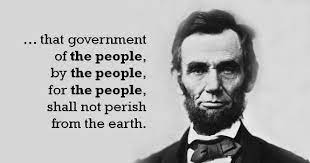
Flat character
character with one characteristic
Foot
the basic unit of measurement of poetry
Hyphen
Smaller than a dash—indicates words that have combined meaning
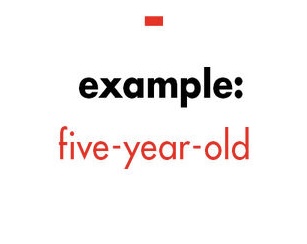
Independent clause
Group of words containing both subject and a verb that expresses complete thought
Internal rhyme
Rhyme occurring within the line
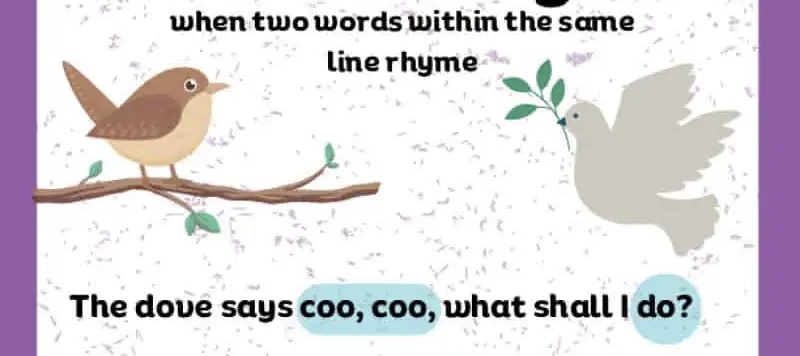
Irony
When words or events are the opposite of what is expected
Juxtaposition
To place side by side, especially for comparison or contrast
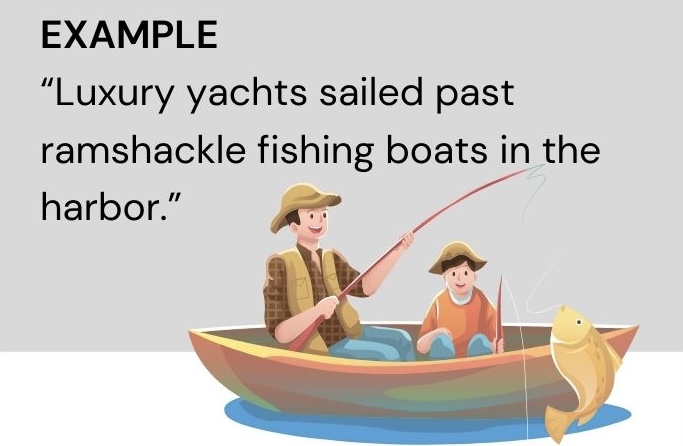
Liotes
Deliberate use of understatement, not to deceive but to enhance the impact of what is being said.
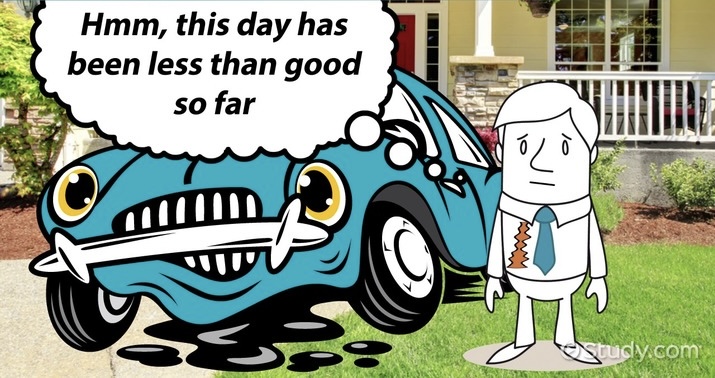
Metaphor
A direct comparison of two unlike things to help make a point
Meter
The number and types of stresses in a line
Metonymy
Substitutes something closely associated (but not part of) with a thing for the thing itself
Near/slant rhyme
Rhyme where words sound the same but do not rhyme perfectly
Paradox
A seemingly contradictory statement that does contain a measure of truth
Parallelism
Similarity of structure in a pair or series of related works, phrases, or clauses
Periodic sentence
A complex sentence with the independent clause at the end of the sentence
Polysyndeton
The use of repeated conjunctions in close succession to similar words for emphasis.
Prose
written or spoken language without a metrical structure (anything but poetry, lyrics, and drama)
Pun
A joke exploiting the different meanings of a word or between homonyms
Round character
Character with multiple characteristics
Satire
Using humor to criticize social constructs, ideology, etc.
Signpost
Any work, phrase, clause, or sentence that tells us what the writer plans to do next, is currently doing, has already done, or will not do at all
Simple sentence
One independent clause
Situational irony
Occurs when events starkly contrast with expectation
Static character
A character who doesn’t change throughout the work
Synecdoche
Using part of the whole to represent the whole
Syntax
Authors arrangement of words
Verbal irony
Occurs when someone says something dramatically different than what they mean
provocative
(adj)
Causing annoyance, anger, or strong emotions intentionally (often sexually).
extol
(v) to praise highly
quell
(v) to calm, pacify
brawn
(n) muscular strength
efface
(v) to erase
plaintive
(adj) sounding sad or mournful
veneration
(n) great respect; reverence
brazenly
(adv) doing something in a bold and shameless way
copious
(adj) abundant, plentiful
artisan
(n) someone in a skilled trade, especially with their hands
furtive
(adj) attempting to avoid notice or attention
glutton
(n) someone who consumes too much food or drink
ardent
(adj) enthusiastic, passionate
engender
(v) to create; to cause
delineate
(v) to describe accurately
nefarious
(adj) extreme wickedness
querulous
(adj) grumbling; grumpy
labyrinthine
(adj) irregular and twisting
pugnacious
(adj) eager to fight
Disingenuous
(adj)
not straightforward; crafty
Ruse
(n)
Def: a crafty trick
Promulgate
(verb)
Def: Promote or To make widely known
Surreptitiously
(adv)
Def: done by secretive means
Endow
(verb)
Def: provide with an asset
Lurid
(adj)
Def: presented using very vivid details, especially giving explicit details of crime or sexual exploits
Feign
(v)
Def: pretend to be impacted by something
Ambivalent
(adj)
Def: simultaneously having opposing feelings; uncertain
Dissonant
(adj)
Def: lacking harmony
.
Baying
(v)
Def: to bark or howl loudly
Capricious
(adj)
Def: impulsive and unpredictable
Stolid
(adj)
Def: calm, dependable, showing little emotion or animation.
Coquettish
(adj)
Def: flirtatious; behaving in a way to show playful sexual attraction
Affectation
(noun)
Def.--behavior, speech, or writing that is artificial and designed to impress
Whimsical
(adj)
Def: playfully quaint or fanciful, especially in an appealing and amusing way.
Antithetical
(adj.)
Directly opposed or contrasted; mutually incompatible.
Ignominy
(noun)
Public Shame and Disgrace
Enmity
(noun)
Mutual Hatred
Xenophobic
(adj.)
A fear or dislike of anything foreign
Zeal
(noun)
Great enthusiasm for an object or cause
Laud
(v) to praise; to applaud
Derision
(n) contemptuous ridicule or mockery
Servile
(adj) — having or showing an excessive willingness to serve others
Bucolic
(adj) — charmingly rural
Belabor
(v)—to go over repeatedly to an absurd extent
Insolent
(adj) showing a rude and arrogant lack of respect
Sycophantic
(adj) behaving or done in a servile way to gain advantage
Poignant
(adj) evoking a keen sense of sadness or regret